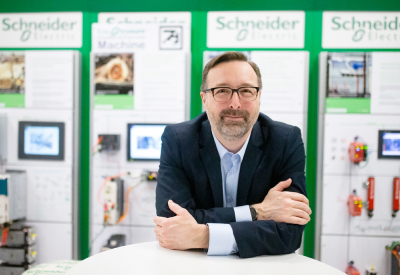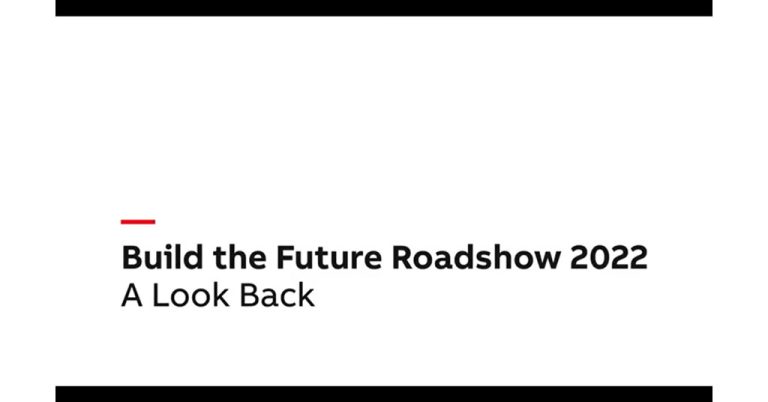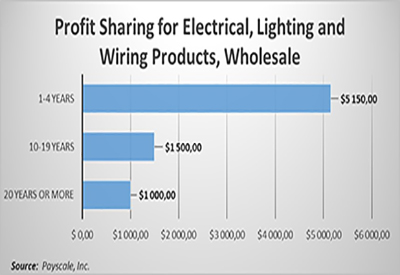Millennials and the Future of Brand Loyalty

Sean Dunnigan
Do you shop online? Are you active on social media? Does your company have a vision for how it will “give back” to the community? Even if you answered no to any of these questions, your customers care about these topics. These aren’t issues that you can put off for a few years. The next generation of workers are becoming the decision makers. Long-term relationships are being replaced. In an age where your product can be compared across thousands of websites for price, availability, and quality, it is more difficult than ever to build brand loyalty. You may have to rely on the skills of your younger workers to help you rebuild your brand.
The process starts with your online presence. Can they find, compare, and purchase your products online? If so, get feedback from your millennial staff who do the most shopping online. Have them use your website on a mobile device. How would they rate the experience against leaders in online shopping, such as Amazon? Rely on the expertise of those who have grown up as digital natives. Without a strong online presence, you cannot expect your new generation of customers to remain loyal.
This presence includes social media. Before you roll your eyes, remember that this doesn’t necessarily mean a Facebook page. It could be sharing relevant information on a LinkedIn page or tweeting articles that get your message out to customers. A strong social media presence is not the end goal; it is your method of discussing the most unique aspect of brand loyalty in the internet age, which is social responsibility.
In the 2015 Deloitte survey of millennials, 6 in 10 young workers said that a “sense of purpose” was part of the reason they chose their current job. When asked which of their ideals businesses should match, “improving society” was among the top responses. This can be charity work, but it also involves looking at some of the major issues of our time, such as sustainable energy.
The electrical industry has an important role to play here. LEDs, solar installations, energy storage, and high efficiency electrical products are changing our planet for the better. As an industry we need to promote this. These issues are affecting not only where millennials choose to work, but also how and where they spend their money. They will bring these attitudes to their careers. If you can present your vision for making a difference, you can separate your company from your competitors in a way that millennials will remember. As David Houle discussed at this year’s Electro-Federation Canada annual conference, millennials are particularly loyal to brands that they feel are improving society. They want to support these companies, and take pride in doing so.
This is where your younger workers can help. They know what their peers are looking for, and how to get that message across. Will social responsibility be the only factor in determining brand loyalty? Certainly not, but it can be an important differentiator for your business.
F. Sean Dunnigan is General Manager — Western Canada for Techspan Industries Inc.; sean@techspan.ca.
Read other articles by Sean Dunnigan about millennials:
• A Living Wage for Millennials and the Sales Gap
• Hiring and Retaining Millennials
• Hiring and Retaining Millennials











